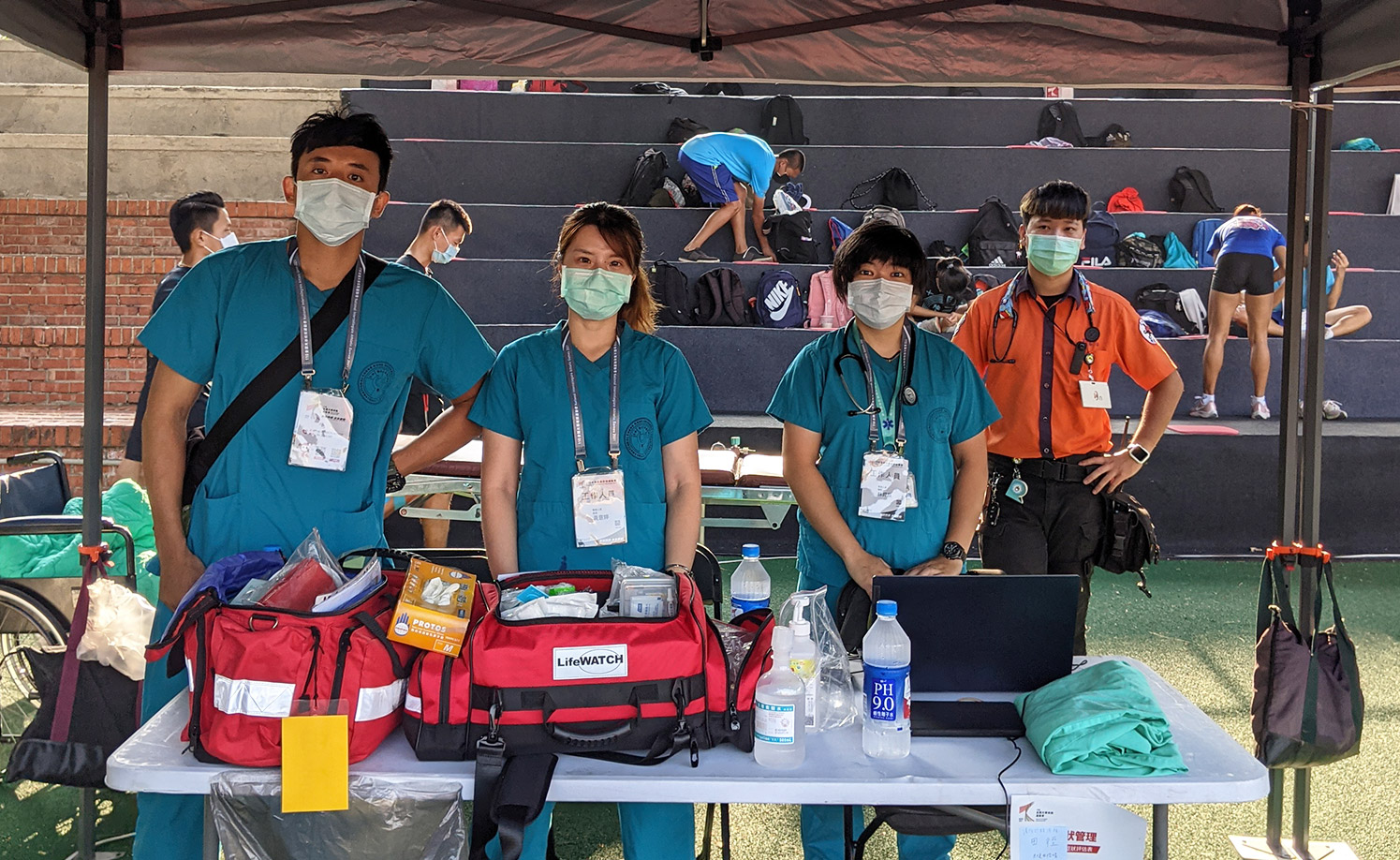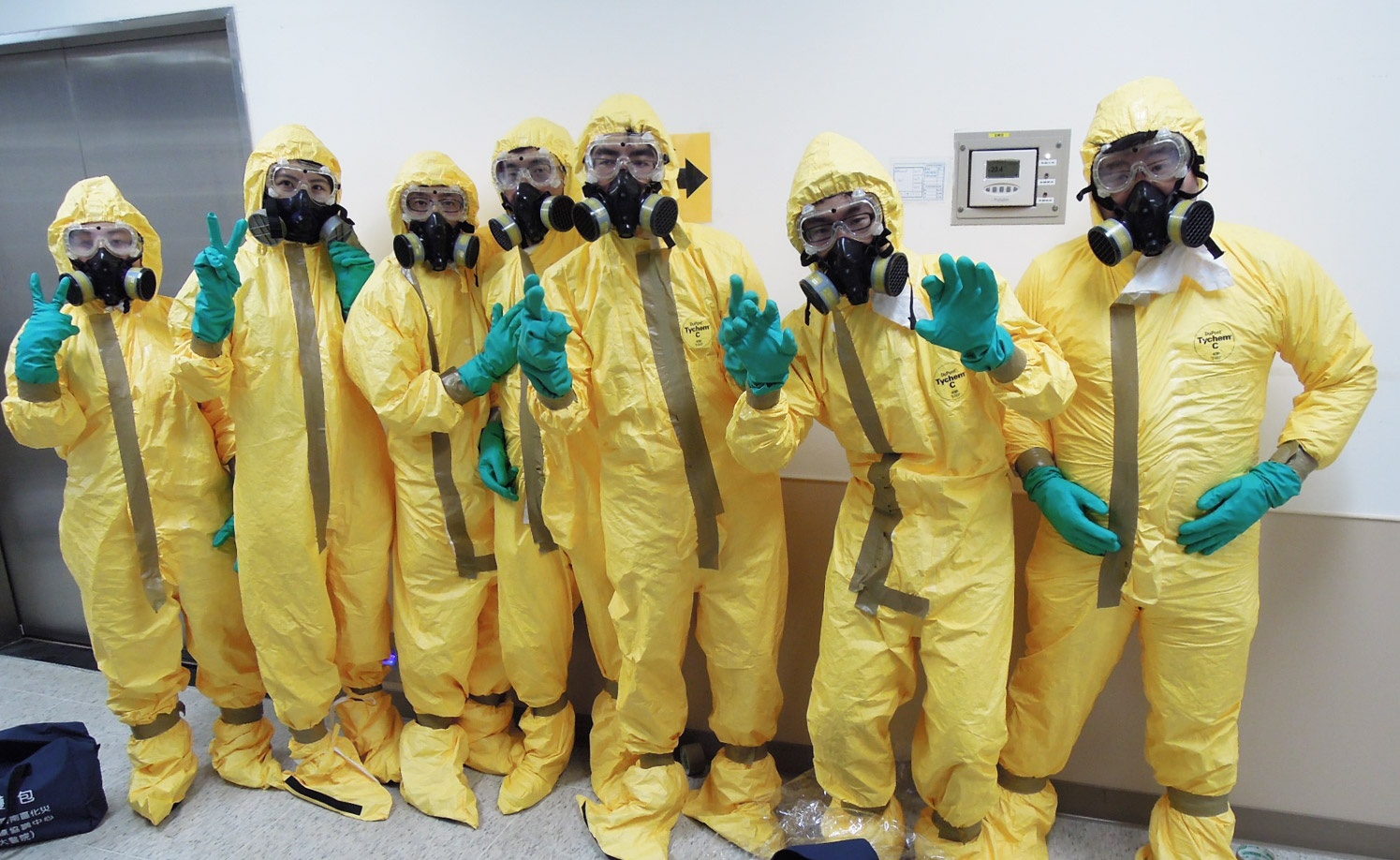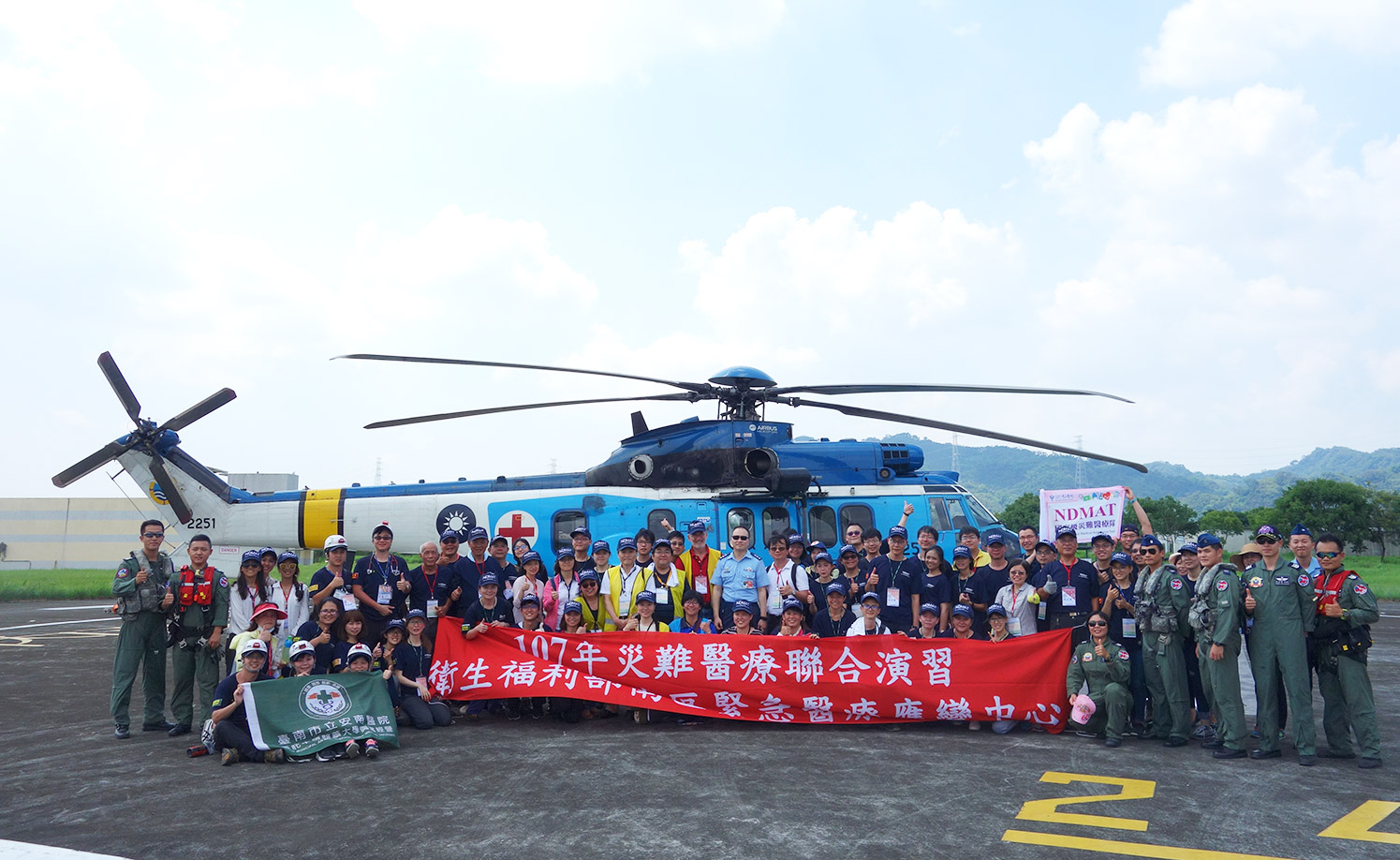Division of Emergency Surgery
Teaching
- Provide education and training of emergency physicians, trainees (resident physicians, PGY physicians) and trainee medical students (Clerk) at all levels of trauma patient diagnosis and treatment, including:
- Trauma patient assessment: Primary/Secondary survey
- Trauma image interpretation: X- ray, CT, etc.
- Trauma ultrasound examination: FAST (Focused assessment with sonography for trauma), eFAST (Extended focused assessment with sonography for trauma)
- Airway establishment: endotracheal tube intubation, cricothyroidotomy
- Thoracic decompression and thoracic drainage
- Infusion line routes establishment, including: Bone Needle, Large bore CVC
- Advanced First Aid Treatment: ED thoracotomy, REBOA
- Wound Treatment: Wound Suture, Facial/Deep Wound Suture, Burn Assessment
- Cervical Fixation, Fracture Fixation, Joint Dislocation Reduction
- Organizing Trauma TRM (Team resource management) training to familiarize clinical nurses with the treatment process of the trauma team
- Regular joint meetings with the trauma department of the surgical department to discuss the emergency medical treatment process for patients with major trauma
- Organize ETTC (Emergency Trauma Training Course) to provide medical trauma education and training
- Organize PHTLS (Prehospital Trauma Life Support) provides pre-hospital trauma education training
- Emergency residents receive ATLS (Advanced trauma life support) education training during the training period to obtain license
Services
- Provide first-line emergency services for major trauma patients and various types of trauma patients Medical Care
- Responsible for receiving pre-hospital emergency medical aid and emergency medical network referrals for all types of critical trauma patients
- Cooperating with the Ministry of Tainan Hospital Xinhua Branch to accept critical trauma patients referred by the "Island Jumping Program"
- Stable trauma patients, arrange advanced diagnosis and treatment
- Provide emergency treatment for major trauma, such as airway establishment, thoracic decompression and chest drainage, ED thoracotomy, REBOA, bone needle, large bore CVC, etc.
- Provide emergency trauma inspection and treatment, such as FAST/ eFAST examination, wound suturing, dislocation reduction, plaster immobilization, etc.
- Coordinate the admission of various types of trauma patients in the emergency department or arrange follow-up
Studies
- Establish a database of various types of trauma patients, conduct research and statistical analysis of
- Trauma OHCA database database
- Major trauma emergency patients
- Emergency "Island Hopping Project" trauma patient database
- Trauma patient performing tansarterial embolization (TAE) database
- Other statistics related to emergency trauma patients
- Case reports of various types of trauma patients
Prospects
- Development areas Quality of emergency treatment of trauma patients in internal emergency
- Develop and update emergency treatment techniques for various types of trauma, and provide emergency trauma-related training






